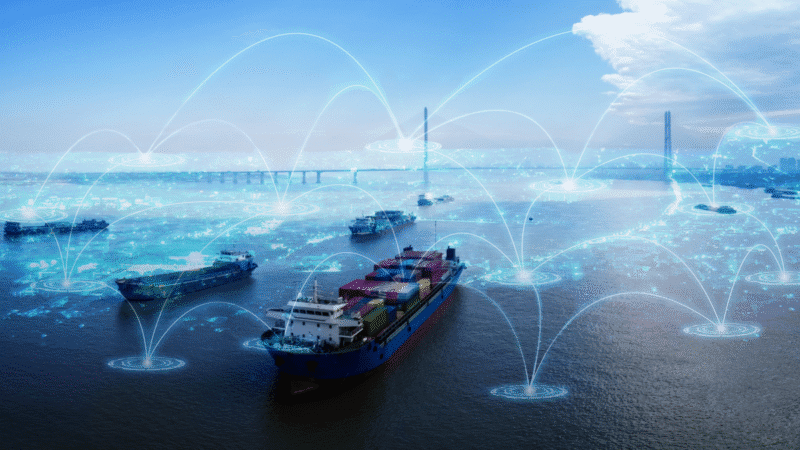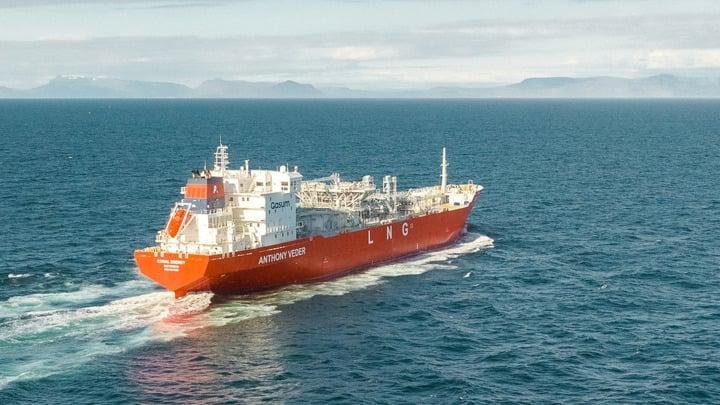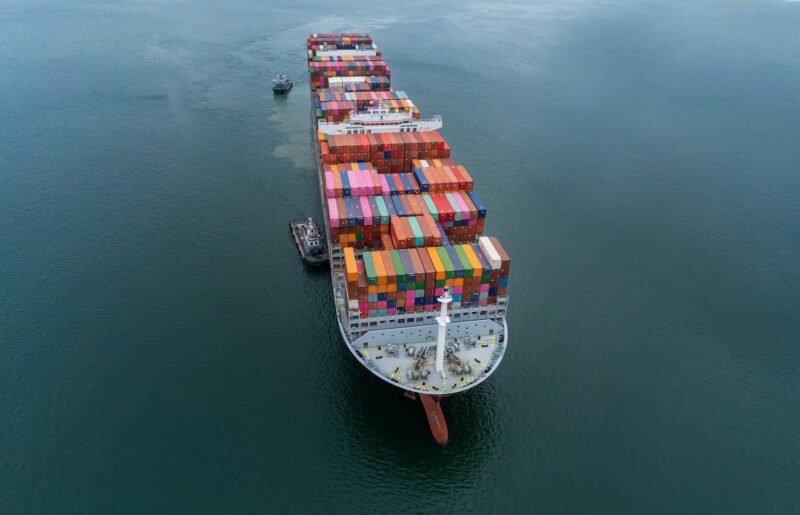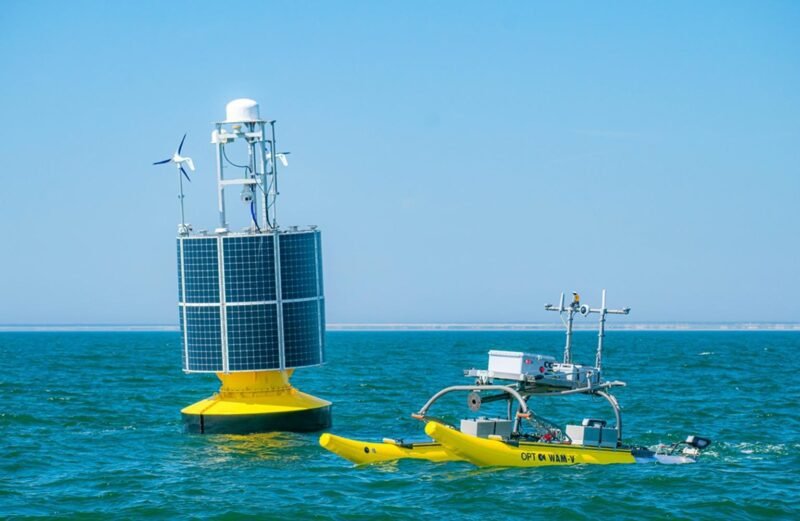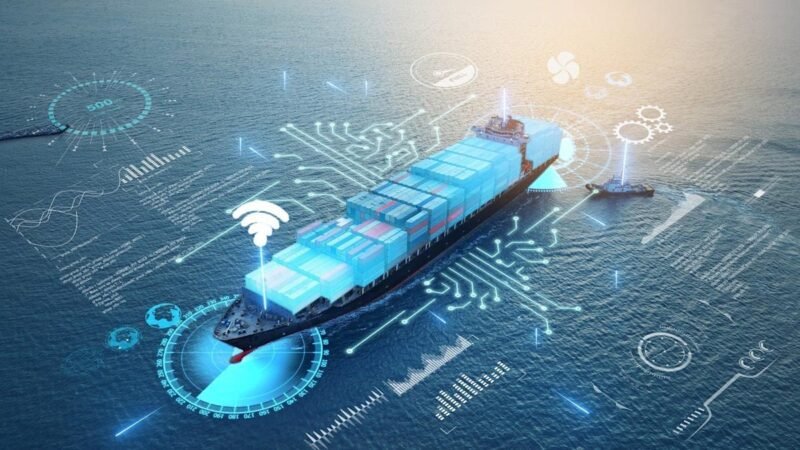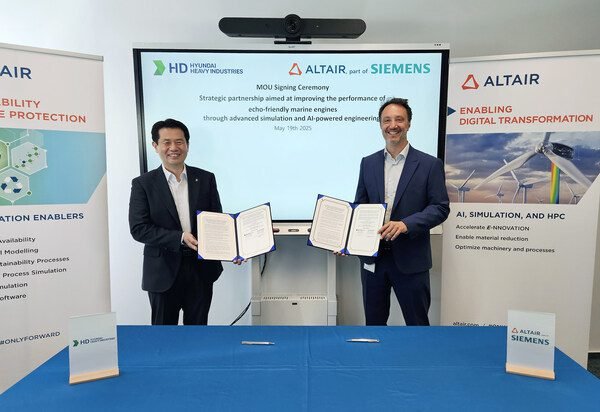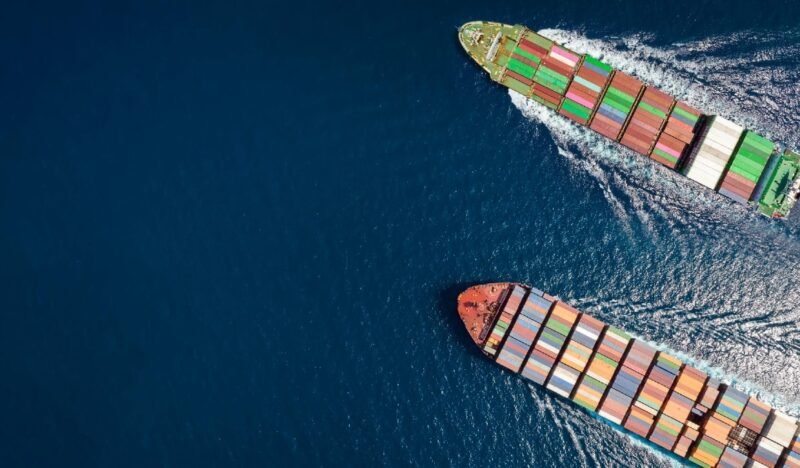Ben Palmer, president of Inmarsat Maritime, notes a significant shift in the shipping industry towards investing in technology, moving from questioning “if” to “how” to implement it. The emphasis is now on clarity of return on investment (ROI), focusing on whether technology can yield savings in time, manpower, or regulatory compliance.
Operators aiming to expand their fleets recognize that digital infrastructure is essential. Palmer anticipates a transition in the next year towards integrated connectivity networks that support the entire digital ecosystem aboard vessels. Multi-orbit networks combining GEO, LEO, and LTE will become standard, providing seamless and reliable service.
Palmer also predicts that cyber resilience and real-time insights will become integral to communication platforms, moving beyond mere add-ons. He emphasizes that operators seek simplicity, predictability, and value, which will lead to the evolution of communications into comprehensive service platforms.
Artificial intelligence is already embedded in Inmarsat’s NexusWave service, enhancing connectivity intelligence to ensure bandwidth aligns with critical needs. While the shipping industry is intrigued by AI’s potential for predictive maintenance and fuel efficiency, many are still exploring how to implement it effectively. Palmer’s company aims to facilitate this transition by offering smart capabilities without adding complexity.
Share it now


